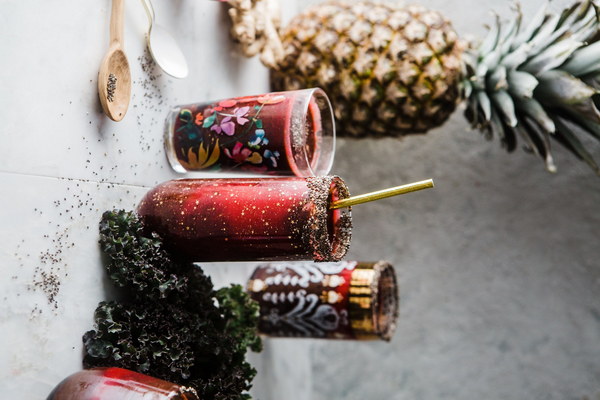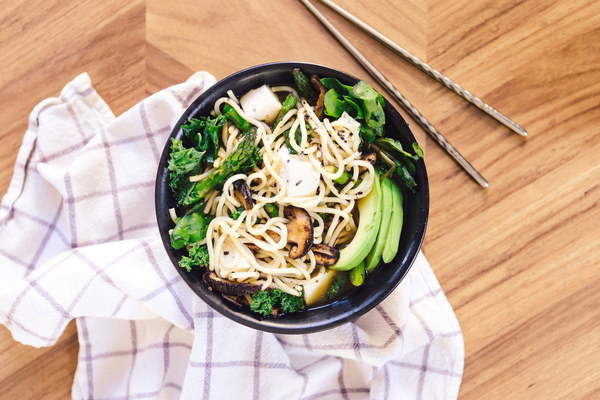The Art of Japanese Body Care Nurturing Your Health from Within
In the heart of Japan, a profound philosophy of well-being has emerged, emphasizing the importance of maintaining a healthy body through a blend of traditional practices, natural ingredients, and a mindful approach to life. This article delves into the essence of Japanese body care, offering insights into the age-old traditions that have stood the test of time.
1. Mindful Practices
The foundation of Japanese body care lies in mindfulness. Practitioners believe that a calm and focused mind contributes to a healthy body. Activities such as meditation, yoga, and tai chi are integral parts of daily life, promoting relaxation and balance.
Meditation: Engaging in meditation helps reduce stress, improve concentration, and enhance overall well-being. By focusing on the present moment, individuals can disconnect from the hustle and bustle of modern life, allowing their bodies to rejuvenate.
Yoga and Tai Chi: These practices combine physical movement with breathing exercises, promoting flexibility, strength, and mental clarity. The gentle flow of yoga and the flowing movements of tai chi are perfect for unwinding and strengthening the body.
2. Natural Ingredients
Japanese body care places a strong emphasis on using natural ingredients, which are believed to be purifying and beneficial for the skin. Common ingredients include:
Green Tea: Rich in antioxidants, green tea is a staple in Japanese body care. It helps fight free radicals, improves skin elasticity, and promotes relaxation.
Sake: Sake, or rice wine, has been used for centuries in Japanese skincare. It contains amino acids and minerals that help to hydrate and nourish the skin.
Honey: Known for its antibacterial and antiseptic properties, honey is an excellent natural ingredient for soothing and healing the skin.
3. Traditional Baths
The Japanese bath culture, known as Onsen, is a cornerstone of Japanese body care. These hot springs are believed to have healing properties and are a source of relaxation and rejuvenation.
Onsen Bathing: After a long day, immersing oneself in the warm, mineral-rich waters of an onsen can help soothe sore muscles, improve circulation, and enhance overall health.

Ofuro: A traditional Japanese bath tub, the ofuro, is designed to provide a relaxing soak. It's often filled with hot water and essential oils, creating a serene atmosphere for relaxation.
4. Healthy Diet
A well-balanced diet is essential for maintaining a healthy body. Japanese cuisine is renowned for its nutritional value and focus on whole foods.
Seafood: Japan's abundant coastline provides an array of seafood, including fish, seaweed, and shellfish. These foods are rich in omega-3 fatty acids, vitamins, and minerals, promoting heart health and overall well-being.
Vegetables and Fruits: The Japanese diet is high in vegetables and fruits, which are packed with essential vitamins, minerals, and antioxidants. This helps to support a strong immune system and maintain healthy skin.
5. Mind-Body Connection
In Japanese body care, the mind and body are interconnected. By nurturing both aspects, individuals can achieve a state of harmony and well-being.
Shinrin-Yoku: This practice, which translates to forest bathing, involves immersing oneself in the natural environment to experience the healing benefits of the forest. The fresh air, tranquil surroundings, and natural scents can help reduce stress and improve mood.
Kokoro: The concept of kokoro refers to the essence of the heart and spirit. By cultivating a positive mindset and fostering a sense of gratitude, individuals can enhance their overall well-being.
In conclusion, Japanese body care is a holistic approach to health and well-being, encompassing mindfulness, natural ingredients, traditional practices, a healthy diet, and a deep connection between the mind and body. By incorporating these principles into daily life, individuals can achieve a state of balance and vitality, both physically and mentally.









